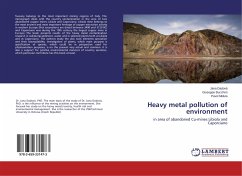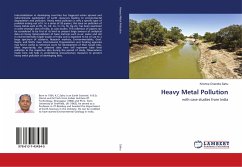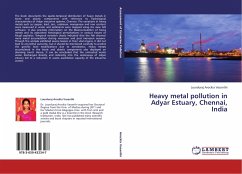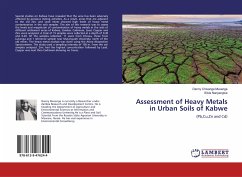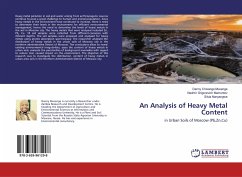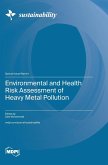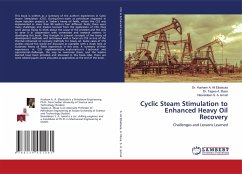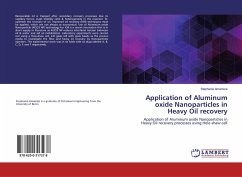Tuscany belongs to the most important mining regions of Italy. The monograph deals with the country contamination in the area of two abandoned copper mines: Libiola and Caporciano. Libiola mine belongs to the most ancient and most important heritage of copper extraction activity in western Europe (first excavations are dated between 3490 and 3120 BC) and Caporciano was during the 19th century the largest copper mine in Europe. The book presents results of the heavy metal contamination research in soil/dump-sediment, water and in selected plants both at Libiola and at Caporciano. The authors study the also toxic elements speciation and their bioavailability. Investigation of plants, which main purpose is specification of species, which could be in perspective used for phytosanation purposes, is on the present very actual and common. It is also a support for positive environmental manners of country sanation, which particular contribute has this book at least.
Bitte wählen Sie Ihr Anliegen aus.
Rechnungen
Retourenschein anfordern
Bestellstatus
Storno

